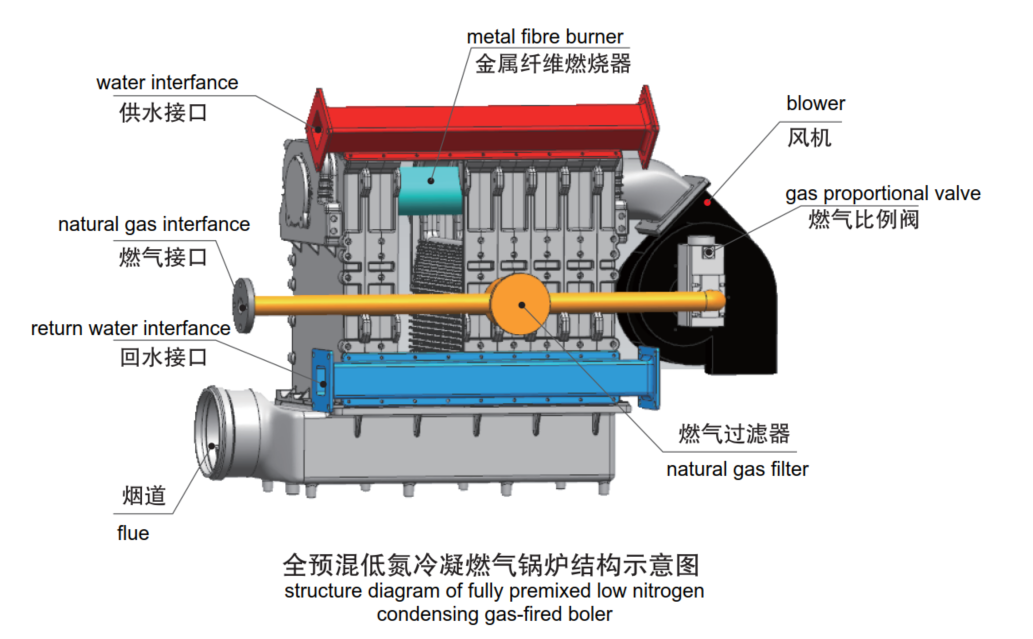- Afrikaans
- Albanian
- Amharic
- Arabic
- Armenian
- Azerbaijani
- Basque
- Belarusian
- Bengali
- Bosnian
- Bulgarian
- Catalan
- Cebuano
- China
- China (Taiwan)
- Corsican
- Croatian
- Czech
- Danish
- Dutch
- English
- Esperanto
- Estonian
- Finnish
- French
- Frisian
- Galician
- Georgian
- German
- Greek
- Gujarati
- Haitian Creole
- hausa
- hawaiian
- Hebrew
- Hindi
- Miao
- Hungarian
- Icelandic
- igbo
- Indonesian
- irish
- Italian
- Japanese
- Javanese
- Kannada
- kazakh
- Khmer
- Rwandese
- Korean
- Kurdish
- Kyrgyz
- Lao
- Latin
- Latvian
- Lithuanian
- Luxembourgish
- Macedonian
- Malgashi
- Malay
- Malayalam
- Maltese
- Maori
- Marathi
- Mongolian
- Myanmar
- Nepali
- Norwegian
- Norwegian
- Occitan
- Pashto
- Persian
- Polish
- Portuguese
- Punjabi
- Romanian
- Russian
- Samoan
- Scottish Gaelic
- Serbian
- Sesotho
- Shona
- Sindhi
- Sinhala
- Slovak
- Slovenian
- Somali
- Spanish
- Sundanese
- Swahili
- Swedish
- Tagalog
- Tajik
- Tamil
- Tatar
- Telugu
- Thai
- Turkish
- Turkmen
- Ukrainian
- Urdu
- Uighur
- Uzbek
- Vietnamese
- Welsh
- Bantu
- Yiddish
- Yoruba
- Zulu
Oct . 04, 2024 17:34 Back to list
ductile pipes
The Importance of Ductile Pipes in Modern Infrastructure
Ductile pipes, characterized by their ability to withstand high levels of stress and deformation without breaking, have become integral to modern infrastructure projects. These pipes, made from ductile iron, combine the strength of cast iron with enhanced ductility, making them suitable for a wide range of applications.
One of the primary advantages of ductile pipes is their remarkable resistance to corrosion. Traditional cast iron pipes often succumb to rust and degradation over time, leading to leaks and structural failures. In contrast, ductile pipes can be treated with protective coatings that significantly extend their lifespan, reducing maintenance costs and enhancing the overall durability of the infrastructure.
Another essential feature of ductile pipes is their ability to handle high pressure. This quality makes them an excellent choice for water supply systems and sewage management. As urban areas continue to grow, the demand for reliable water distribution and wastewater management becomes increasingly critical. Ductile pipes can transport large volumes of water under varying pressures, ensuring that communities have access to clean water and effective waste disposal.
Additionally, the flexibility of ductile pipes contributes to their popularity
. Unlike rigid piping materials, these pipes can absorb ground movements caused by natural phenomena, such as earthquakes, as well as the settling of soil. This adaptability minimizes the risk of pipe fractures and enhances the longevity of the infrastructure.ductile pipes

The installation process for ductile pipes is also less labor-intensive than traditional materials. Their lighter weight compared to cast iron allows for easier handling and placement. This not only speeds up installation times but also contributes to reduced labor costs, making the overall project more economical.
Furthermore, ductile pipes support sustainable practices. Their extended lifespan leads to less frequent replacement, minimizing waste and reducing the carbon footprint associated with manufacturing and transporting new pipes. Many municipalities are recognizing the importance of reducing environmental impacts, and selecting ductile pipes aligns with these sustainability goals.
Furthermore, the versatility of ductile pipes extends beyond water supply and sewage systems. They are also used in industrial applications, including chemical processing and the transport of gases. Their robustness creates a reliable solution for industries requiring durable and safe piping systems.
In conclusion, ductile pipes are an invaluable asset to contemporary infrastructure. With their superior durability, corrosion resistance, flexibility, and cost-effectiveness, they are shaping the future of urban development. As global demands for efficient water management and sustainable practices grow, ductile pipes will undoubtedly play a pivotal role in supporting the infrastructure of tomorrow. Their ability to adapt to the needs of various industries while ensuring public health and safety makes them a smart choice for engineers and city planners alike.
-
8mm Thin-Walled Cast Steel Manhole Cover Pallet Bottom Ring | Durable
NewsAug.04,2025
-
Premium Cast Iron Water Main Pipe: Durable, Corrosion-Resistant
NewsAug.03,2025
-
Durable Cast Iron Water Mains | AI-Optimized Systems
NewsAug.02,2025
-
High-Efficiency Propane Boiler for Baseboard Heat | Save Energy
NewsAug.01,2025
-
Premium Source Suppliers for Various Gray Iron Castings
NewsJul.31,2025
-
Durable Cast Iron Water Main Pipes | Long-Lasting
NewsJul.31,2025


